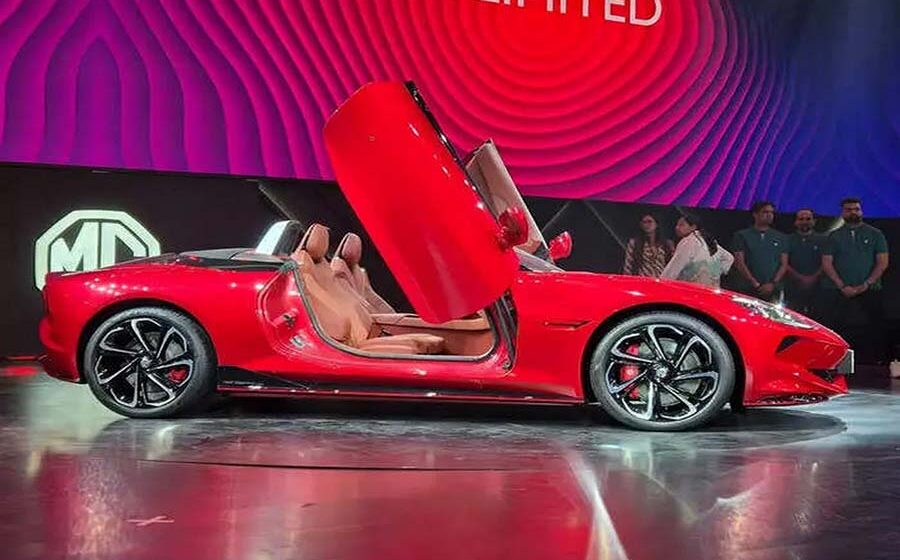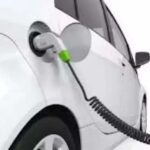The electric vehicle (EV) market in India witnessed remarkable growth in 2023, nearly doubling its sales compared to the previous year, despite a modest 10% increase in overall passenger vehicle sales. According to a report by Counterpoint Research, EV sales surged in 2023, constituting 2% of the total passenger vehicle sales. This surge can be attributed to various factors including government incentives, infrastructure development, and growing concerns over climate change.
Leading Players in the Indian EV Market
Tata Motors emerged as the frontrunner in the Indian EV market, capturing 70% of the electric car sales in 2023. Despite a commendable year-on-year growth of 58%, Tata Motors’ market share declined from 87% in 2022 to 70% in 2023. MG Motor, with a 9% market share in 2022, reported a staggering 186% growth, accounting for 14% of the sales in 2023. Notably, Mahindra & Mahindra exhibited exceptional growth of 2476%, claiming 7% of the market share, primarily driven by the success of its electric car, the XUV400. Additionally, BYD witnessed significant growth, recording a remarkable 1538% increase in sales.
Projections for 2024
Counterpoint forecasts a substantial increase in EV sales for 2024, with the market share of electric vehicles expected to double from 2% to 4% of the overall passenger vehicle segment. A remarkable 66% growth in EV sales is anticipated for the year. Looking further ahead, the report predicts that EVs will constitute 29% of the market share by 2030.
Neil Shah, research vice president at Counterpoint Research, emphasized the nascent stage of the EV ecosystem, anticipating the entry of new players such as Tesla and prominent Chinese brands like Xiaomi. This influx is expected to drive innovation and competition in India’s fourth-largest passenger vehicle market.
Impact of India’s New EV Policy
India’s recent EV policy reforms are poised to provide a significant boost to the EV industry, facilitating the entry of international companies into the market. Under the new policy, companies are permitted to import 8,000 completely built-up (CBU) electric cars annually at a reduced import duty of 15% for vehicles costing above $35,000. This represents a substantial reduction from the existing tax rates of 70% to 100% on imported cars.
Tesla’s imminent entry into the Indian market underscores the policy’s potential impact, with the company actively exploring suitable locations for its manufacturing facility. Vietnamese EV manufacturer VinFast has also announced plans to invest $2 billion in India, signaling a burgeoning interest in the country’s EV sector.
Liz Lee, associate director at Counterpoint Research, lauded the government’s initiatives, including the Production Linked Incentive (PLI) scheme for Advanced Chemistry Cells (ACC) and the reduction in import duties. These measures not only pave the way for Tesla’s entry but also demonstrate India’s commitment to attracting investments and fostering a robust ecosystem for EVs and their component suppliers.



